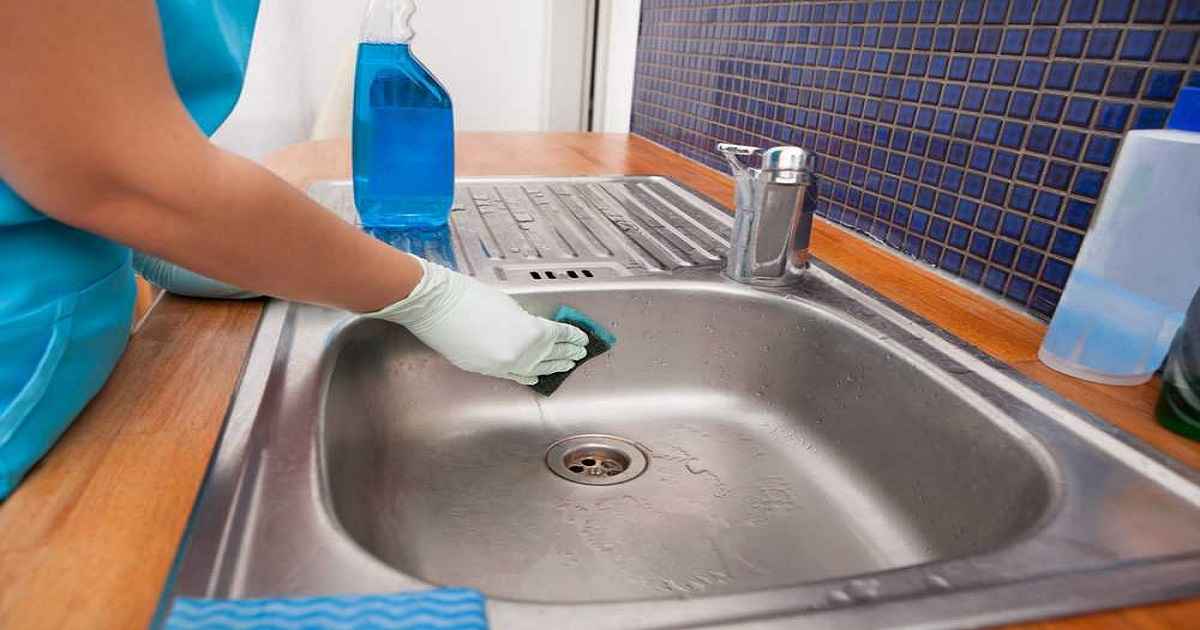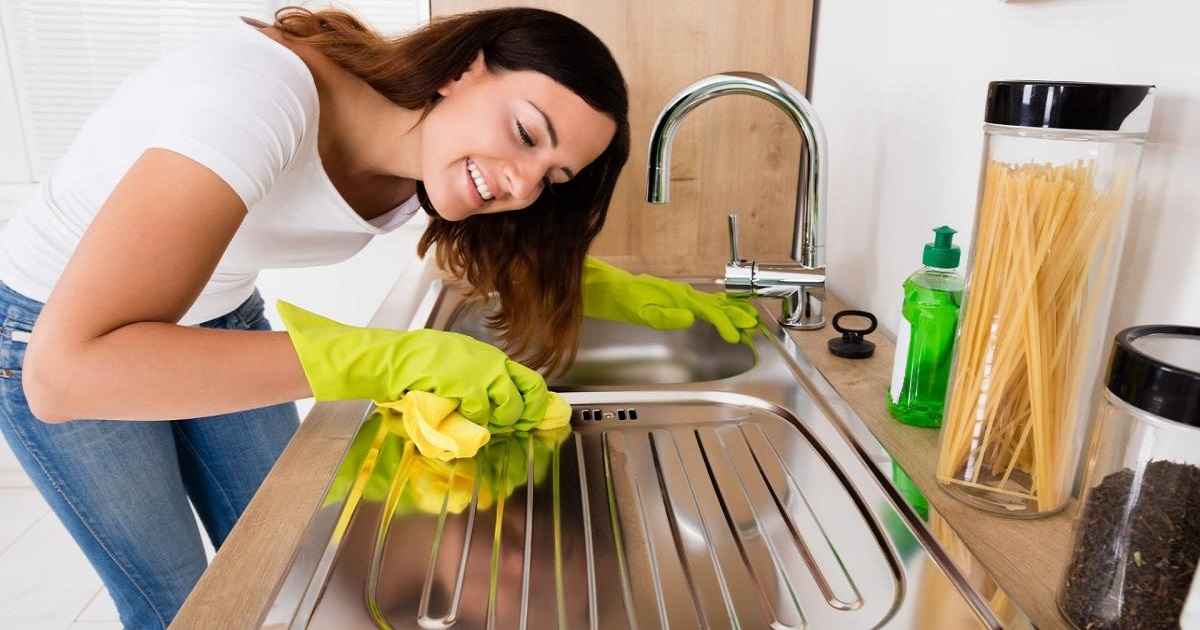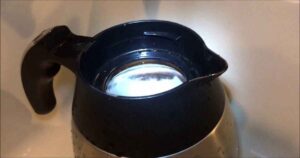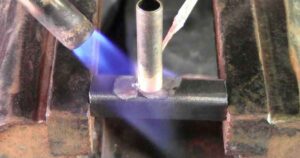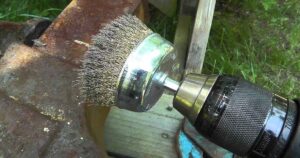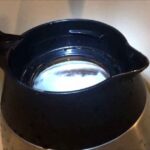How to Clean Stainless Steel Sink Hard Water Stains: A Comprehensive Guide
Cleaning stainless steel sink hard water stains may seem challenging, but with the right techniques and tools, you can maintain a spotless and gleaming sink. Hard water stains, caused by minerals in water, can dull the appearance of your stainless steel sink. This guide will walk you through effective methods to remove these stains and keep your sink looking its best.
Understanding Hard Water Stains on Stainless Steel Sinks
What Causes Hard Water Stains?
Hard water contains high levels of minerals like calcium and magnesium. When water evaporates from your stainless steel sink, it leaves these minerals behind, creating hard water stains.
Why Regular Cleaning is Important
Regular cleaning prevents hard water stains from becoming more stubborn and difficult to remove. It also maintains the sink’s aesthetic appeal and hygiene.
Initial Cleaning Steps
Regular Cleaning Routine
- Rinse the sink after each use to prevent residue buildup.
- Wipe the sink dry with a soft cloth or towel to prevent water spots.
Weekly Cleaning with Mild Detergent
- Use a mild detergent and warm water.
- Scrub the sink gently with a soft sponge or cloth.
- Rinse thoroughly and dry to avoid new water spots.
Specific Techniques for Removing Hard Water Stains
Vinegar Solution
- Mix equal parts of white vinegar and water.
- Apply the solution to the stains and let it sit for 5-10 minutes.
- Rinse and dry the sink.
Baking Soda Paste
- Create a paste using baking soda and water.
- Apply the paste on the stains and gently scrub with a soft brush.
- Rinse thoroughly and dry the sink.
Commercial Cleaners
- Choose a cleaner specifically designed for stainless steel.
- Follow the manufacturer’s instructions for application.
- Rinse well and dry the sink.
Preventive Measures and Maintenance Tips
Regular Water Rinsing and Drying
- Always rinse and dry your sink after use to prevent stain formation.
Using a Water Softener
- Consider installing a water softener in your home to reduce mineral content in water.
Protective Measures
- Use sink mats or grids to reduce direct contact with hard water.
Troubleshooting Stubborn Stains
When to Use Stronger Cleaning Agents
- If stains persist, consider using a stronger cleaning agent, but be cautious as harsh chemicals can damage the sink’s finish.
Professional Help for Persistent Stains
- For extremely tough stains, seeking professional advice or services can be a wise decision.
Advanced Cleaning Techniques for Tough Stains
Using Lemon Juice and Salt
- Sprinkle table salt over the stain.
- Squeeze lemon juice onto the salt-covered area.
- Let it sit for 5-10 minutes, then gently scrub with a sponge.
- Rinse with water and dry immediately.
Utilizing Cream of Tartar
- Mix cream of tartar with a few drops of water to form a paste.
- Apply the paste on the stain and rub gently with a soft cloth.
- Rinse thoroughly and dry.
Trying Specialized Stainless Steel Cleaners
- For persistent stains, consider specialized stainless steel cleaners.
- Apply as per instructions and use a non-abrasive tool for scrubbing.
- Rinse well and dry.
Long-Term Care and Maintenance
Routine Polishing
- Use a stainless steel polish to maintain shine.
- Apply a small amount on a clean cloth and rub it in the direction of the grain.
- Wipe away excess polish and buff with a dry cloth.
Avoiding Harsh Chemicals
- Avoid cleaners containing bleach or chlorine as they can damage stainless steel.
- Always check the cleaner’s compatibility with stainless steel.
Regular Inspection
- Regularly check for signs of corrosion or damage.
- Address any issues immediately to prevent worsening.
Eco-Friendly Cleaning Solutions
Using Eco-Friendly Commercial Cleaners
- Opt for eco-friendly, biodegradable cleaning products.
- They are effective and safe for the environment.
DIY Natural Cleaners
- Experiment with natural cleaners like lemon, vinegar, and baking soda.
- These are safe, effective, and eco-friendly.
Addressing Common Myths and Mistakes
Myth: Harsher is Better
- Harsh scrubbing or abrasive materials can scratch and damage stainless steel. Gentle cleaning is key.
Mistake: Letting Water Sit
- Allowing water to sit on the sink leads to more stains. Always dry your sink after cleaning or use.
Conclusion and Final Thoughts
Maintaining a stainless steel sink free of hard water stains is achievable with the right approach and regular care. Whether using home remedies or commercial cleaners, gentle handling and routine maintenance are essential. By understanding the nature of stainless steel and the effects of hard water, you can keep your sink looking new and functional for many years.
